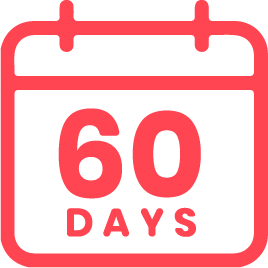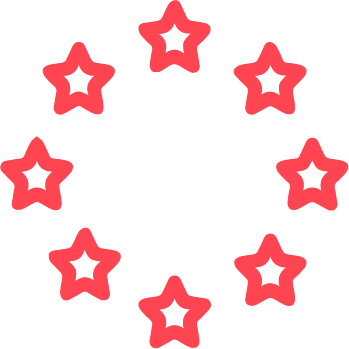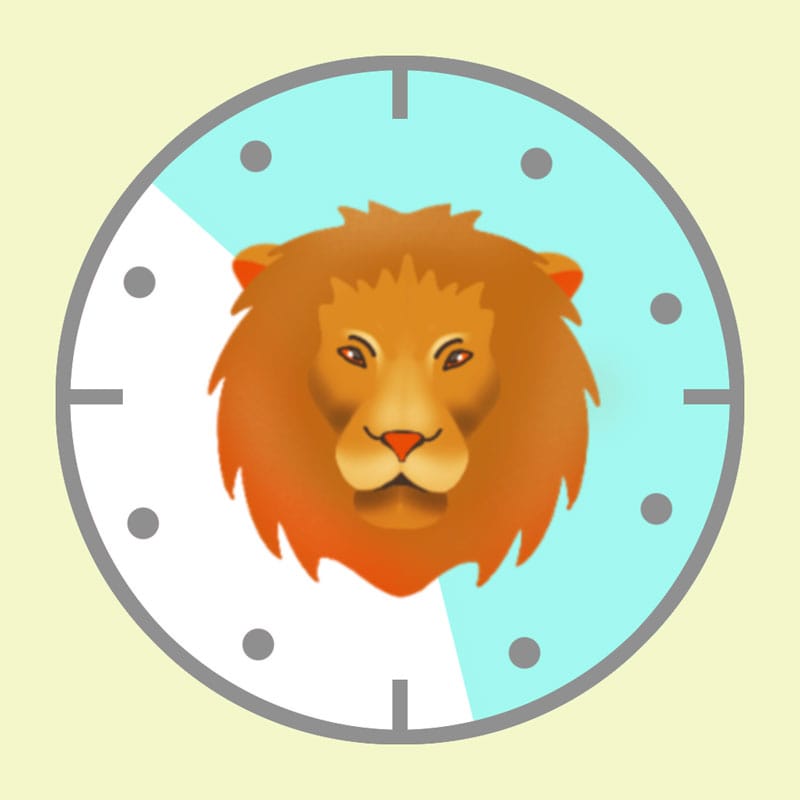why shop manta sleep
Sleep Like a Beast: How to Use Your Chronotype to Your Advantage
For decades, we’ve compared our sleep patterns to animals by dividing people into one of two camps: ‘early birds’ and ‘night owls.’
These labels are known as chronotypes. Your chronotype tells you when your body naturally wants to sleep and when it wants to be awake — and to make them easier to understand, each chronotype is named after the animal whose sleep pattern it mimics.
But author Michael Breus, PhD recently suggested that there are four — not two — chronotypes. (And to make matters stranger, none of them are birds.)
Understanding your chronotype (AKA your inner animal) allows you to begin to schedule your life around your body's natural cycles to sleep better and feel more productive at work. (1) It can also help you determine the best time for a nap and when you’ll be at your most alert for a business negotiation.
Ready to discover your inner animal? Read on to find out if you’re a wolf, lion, bear or dolphin.
Wolves
If you stay up late to howl at the moon and have a hard time getting up in the morning, this is your group.
Just like these nocturnal creatures, your creativity sparks when the sun goes down — this chronotype includes a lot of writers, artists, coders and craftsmen. Wolves tend to stay up later and struggle with waking up early.
Only about 15% of the population falls into this group. Wolves are more productive in the later afternoon and evening.
Sleep experts recommend that wolves set their alarm for 7:00 AM (snooze for 30 minutes) and go to sleep by midnight. (2) If your lifestyle permits it, you can really maximize your energy and alertness with a 3:00 AM - noon sleep schedule.
Lions
If you rise early eager to hunt for prey, this is your group.
Like these wild cats, you are an alert go-getter in the morning. You have no trouble waking up and getting to work. But lions tend to feel the afternoon slump. And by the evening, they feel drained.
About 15% of the population identifies as a lion.
Rising before dawn will allow you to take advantage of the energy you feel early in the day. Sleep experts recommend that lions wake up around 5:30 AM and go to sleep by 10:30 PM. (2)
Bears
The bear chronotype doesn’t need to hibernate (and only occasionally wakes up grumpy), but follows the solar cycle like these diurnal creatures: awake during the day, asleep at night. They fall asleep easily and have no problem getting out of bed in the morning.
Bears generally feel awake during the day and need 8-hours of solid sleep at night.
About 50% of the population falls into this category. This group is productive in the morning and struggles with the mid-afternoon slump. (If you’re a bear, try having a midmorning snack to keep your energy steady throughout the day.)
Sleep experts recommend that bears wake up around 7:00 AM and go to sleep by 11:00 PM. (2)
Dolphins
Did you know that dolphins only sleep with half of their brain at a time? (3)
This chronotype describes the insomniac’s sketchy and irregular sleep patterns. You might be anxious and have trouble turning off your brain when it’s time to sleep, or you may wake frequently during the night. Dolphins usually don’t get a complete night’s sleep.
About 10% of the population falls in this category, many of whom suffer from perfectionism. Even though they wake up tired, dolphins are most productive from 10:00 AM until 2:00 PM.
Sleep experts recommend that dolphins get up around 6:00 AM and try to sleep around midnight. (2)
Follow Your Natural Sleep Schedule
Your best solution for optimal rest is to follow your animal instincts. Once you start working with (rather than against) your body’s natural rhythms:
- You can get a better night’s sleep because you only go to bed when you feel tired
- You can schedule meetings according to your peak productivity times
- You will get more out of your day
So lions, don’t try to stay up until midnight. And wolves, there’s no point in trying to sleep at 10:00 PM. Embrace your inner beast and start following your optimal sleep schedule.
Sources:
(1) Fischer, Dorothee et al. "Chronotypes in the US – Influence of age and sex." PubMed, 21 Jun. 2017, www.ncbi.nlm.nih.gov/pmc/articles/PMC5479630/
(2) Bellis, Rich. "How To Design Your Ideal Workday Based On Your Sleep Habits." Fast Company, 26 Nov. 2017, www.fastcompany.com/40491564/how-to-design-your-ideal-workday-based-on-your-sleep-habits
(3) Levi, Anthea. "This Is the Best Time of Day to Do Everything, According to Your Chronotype." Health.com, 31 Oct. 2016, www.health.com/mind-body/how-to-get-more-energy-chronotype















